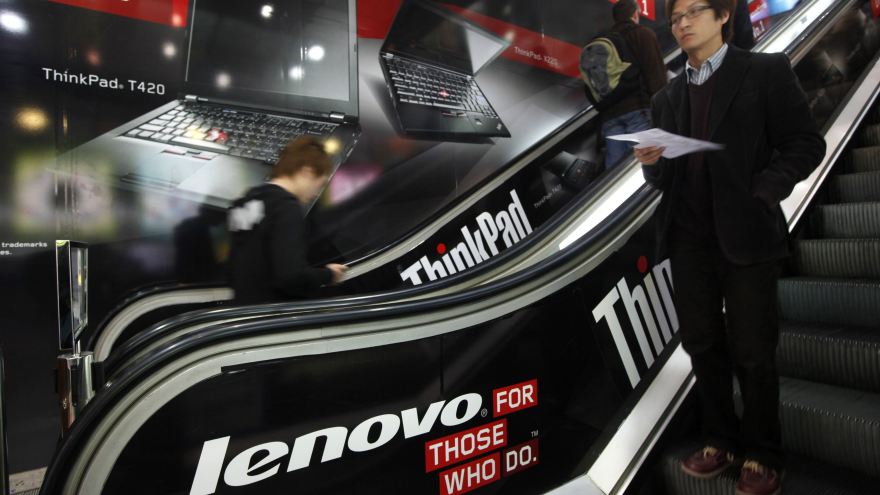Top
-
-
drilling down
Why reports of huge shale finds don’t mean much until the oil starts flowing
-
The private drone industry is like Apple in 1984
-
Congratulations Britain, your austerity push may mean a triple-dip recession.
-
Don’t get too excited—Lenovo probably can’t buy RIM
-
Apple opens its eyes wider in China, finds terrible labor practices
-
Samsung, the anti-Apple, posts a record operating profit and beats expectations
-
turbulent
The annotated history of Netflix’s recent past
-
Corrupt Chinese officials are racing to withdraw cash and sell property while they can
-
Hyundai is tamping down plans for the messy Indian car market
-
Any last words?
Treasury Secretary Tim Geithner endorses fiscal stimulus on his way out the door
-
bedding
Investors choose sleep over sex in mattress wars
-
China’s mega-rich are worth more than the annual output of South Korea and Taiwan
-
Orlando the cat has a better chance of beating the stock market than a hedge fund manager
-
Probable new SEC head Mary Jo White is hard on Wall Street, soft on puppies
-
Why the Chinese government wants everyone to know Beijing’s first-time home buyers are the youngest in the world
-
Yes, the iPad Mini is cannibalizing sales of the larger iPad
-
If Spain were the size of the US, it would have over 40 million unemployed
-
After Algeria
24 resource-producing places that could be as vulnerable to attack as Algeria
-
Men at Work
This week women are 66% harder to find at Davos than anywhere else
-
Below the surface
Microsoft dips on a mixed earnings report, but keeps mum about Surface and Windows 8
-
Exclusive
The confidential list of everyone attending Davos this year
-
Modest ProPostal
How the Post Office can save America: A Quartz data essay
-
gender bender
Tech companies, stop hiring women to be the Office Mom

Don’t get too excited—Lenovo probably can’t buy RIM
The CFO of China’s Lenovo, the second-biggest personal computer manufacturer in the world, said yesterday that the company was thinking about a possible deal with Canada’s Research in Motion. RIM-bulls rejoiced: the company’s shares rose around 3%, closing at C$17.80, marking a 52-week high.
The logic is not dissimilar from Lenovo’s purchase of IBM’s ThinkPad laptop business from IBM in 2005. Though the tech titan already dominates China’s overall mobile phone market, it’s not particularly renowned for its quality, even in China. Given that Lenovo already has a range of smartphone offerings, the idea, one has to guess, is to upgrade Lenovo’s smartphone brand and buy a massive sales channel in new markets.
RIM, on the other hand, has been struggling to defend the market share for its BlackBerry smartphones as the likes of Apple and Samsung continue to trounce it. The Financial Times reports (paywall) that RIM is entertaining the idea of “new opportunities,” though it’s currently focused on next week’s launch of its new BlackBerry 10 operating system and devices to work with it.
There are legitimate questions about the logic of a linkup, as Tech in Asia notes:
Lenovo is making great progress in the mobile sector with its smartphone offerings, while RIM is losing ground even in traditional strongholds like Indonesia. True, RIM and the BlackBerry platform are popular with the corporate crowd, so Lenovo may be interested in that market. That said, I still don’t get it….
The lack of obvious synergies is probably less of worry than another aspect of a rumored deal. As Bloomberg explains, the Canadian government reviews any foreign bids for domestic companies that exceed C$344 million to assess whether the deal would generate a “net benefit” to the country. And that’s not an empty threat: In 2010, it quashed BHP’s proposed takeover of Potash Corp. Plus, the Canadian Industry Minister has already signalled his preference for RIM to grow “organically.”
So there’s that. But south of the border might be even worse. A US Congressional committee recently recommended against government or private purchases from Chinese telecom companies Huawei and ZTE, seeing them as potential Trojan horses for the Chinese state. That suggests that any Chinese bid for all of RIM, which runs software and services for government networks, could run up against the prospect of quickly losing much of its US business.
That leaves the possibility that Lenovo could try to acquire RIM’s hardware business alone, and leave RIM with the arguably more-sensitive software and communications services that handle BlackBerry messages for users. The fate of any linkup very well may come down to BlackBerry 10′s success. Would Lenovo be interested though? Its recent acquisition kick—it just bought a Brazilian tech company, after snapping up five companies alone in 2011—suggests it might take what it can get.